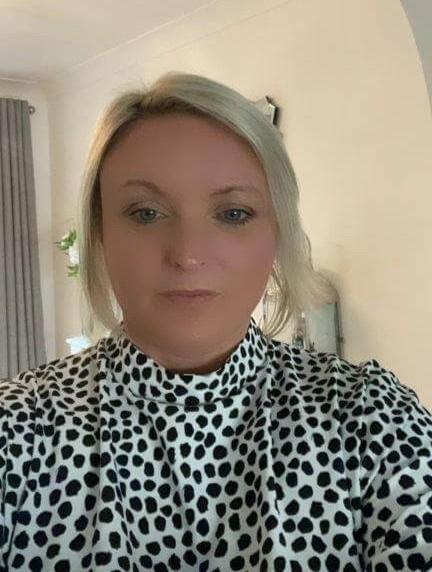For International Day of Women and Girls in Science, Katie Moss, 
Ever since being a young girl, I knew I wanted a job within science. In my early teenage years, my parents drove past the universities in Manchester en route to a day trip out and I knew this was where I wanted to go to realise my dreams.
After reading crime/thriller books by 90s authors such as P.D. James, my early career of choice was to be a forensic scientist.
Being Mancunian, Manchester was the only place I was going to study, and I searched all the universities to find a course that could help me become a forensic scientist. Unfortunately, there were no forensic science courses at that time and therefore I changed my focus towards Biomedical Science.
In 2000, I graduated with a 2:1 degree in Biomedical Science. It was such a very proud day for me; after growing up on a council estate when at the time, few people went onto further education and after being told in college that I was not academic by my science teacher, I finally stood proud in my graduation gown! I had done it! This was the first day of my career.
Fast forward 23 years, I am bursting with pride to be the programme director of the GM Imaging and Pathology Network; a role that I never would have thought I could have held. Self-doubt set in during the early days of my career as a trainee biomedical scientist. I didn’t have a photographic memory, nor did I have a brain like a sponge like others demonstrated in the labs. I had to always put that bit more effort in, always try to prove my worth, prove my ability and people please.
Several events happened during my time in the lab that contributed to me experiencing a dark point in my life and several dark times followed in the years after I decided to leave the Microbiology lab. A familiar pattern that followed throughout a large part of my career. A self-perpetual cycle of imposter syndrome, proving myself, worrying what others thought about me and refusing to open up about my challenging times.
Finally, after moving from role to role, organisation to organisation, gaining experience in various aspects of the healthcare system such as Clinical Audit, Transformation, Elective Access and Programme Management, I was still searching for the one thing that couldn’t be found in any job or place, the feeling of self-belief.
I eventually learnt to believe in myself, stop the continued cycle of people pleasing, looking for validation from the higher beings, that I am good enough to be in my role and feelings of shame that come with experiencing poor mental health. The relief is tangible, I am free and most importantly happy in my own skin.
Over my career, I have seen many male senior leaders who exude confidence, self-belief, not embarrassed to see their worth and negotiate that worth. Sometimes women can be seen to be arrogant and punching above their weight if they try to emulate similar characteristics. I have experienced comments of “who does she think she is?”, She has delusions of grandeur, all because I wanted to grow, develop and become successful in my own right.
In my experience, and during my early career, it was often difficult for women to crack into the senior manager roles, as it appeared to be a fairly male dominated arena.
Thankfully, the balance has shifted in science; many women now hold senior leadership NHS roles. Women who are more than competent, capable and determined to use their experience and knowledge for the greater good.
I am pleased to be one of those women. I have now finally recognised my own determination, resilience, and reluctance to be beaten by difficult aspects of both my professional and personal life. It means I now hold a leadership role which I totally love and enjoy.
